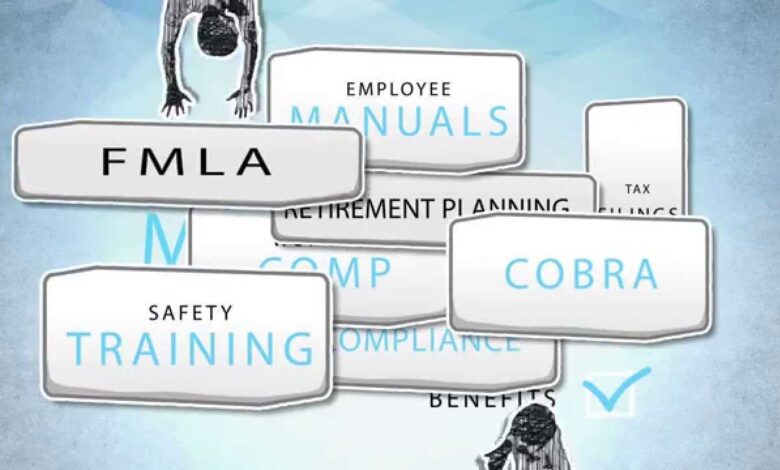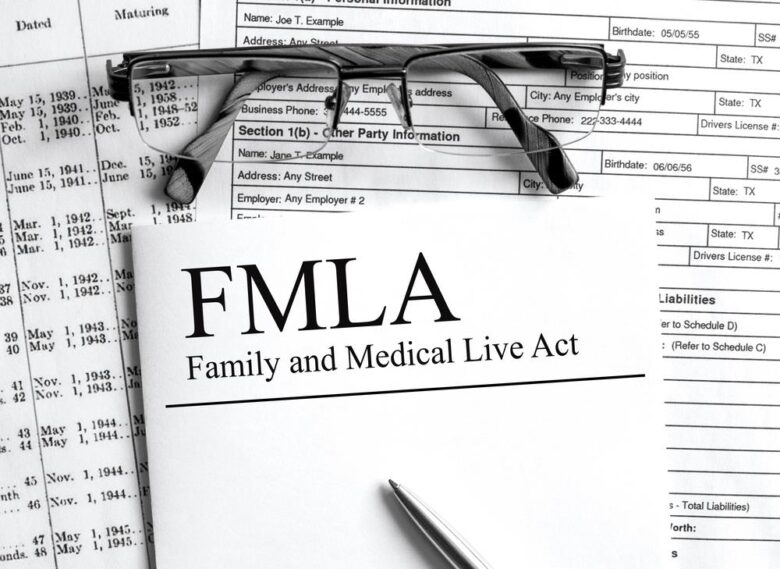
FMLA And COBRA Help from Your Employment Attorney in Los Angeles
US labor law safeguards the right to take time off in the case of a medical emergency. Many employers are required under the provisions of the Family Medical Leave Act to offer unpaid leave to their employees, as long as they give adequate notice.
Unfortunately, a lot of firms knowingly or unknowingly choose to disregard this regulation, forcing employees to choose between their employment as well as their households or health. However, in the majority of instances, doing so is against the law.
In the event that your employer has interfered with your ability to utilize family or medical leave, an employment lawyer may be able to advise you on the best course of action. The employment law experts could take the initiative in outlining your rights, assessing your employer’s behavior, and looking for the best possible resolution in a local court.
The Family Leave for Medical Reasons Act and Workers’ Effects
According to the legislation known as the Family and Medical Leave Act, qualified workers are allowed to take up to 12 weeks of unpaid leave in any given year for any of the following four reasons:
- birth and upbringing of a newborn child
- adoption placement
- care of a member of the close family (spouse, parent, or kid) who has a critical illness.
- The employee had a major health issue that made it impossible for her to work.
It is critical to keep in mind that these requirements represent a minimum set by the federal government. Many employers provide rewards for lengthy leaves of absence or keep employees on the payroll while they are away as an incentive to draw in more competent candidates.
Additionally, not all employers are covered by the FMLA’s protections. For this purpose, it is prudent to speak with a lawyer about specific potential FMLA breaches before pursuing legal action.
Who Is Covered by FMLA?

Please be aware that under USERRA, employees may have extra rights to depart for military service or other reasons. Generally, to be an FMLA-eligible employer, you have to employ at least fifty workers for a period of twenty weeks or more prior to filing a federal complaint, be working in a sector that affects commerce, and be an employer.
A worker must have worked for their company for a minimum of twelve months with a minimum of at least 1250 hours in the year immediately preceding the absence in order to be qualified for FMLA leave. Additionally, the worker must be employed at a location within seventy-five miles of at least fifty other people.
Typical FMLA Infractions
An employer generally is not allowed to impede any eligible employee’s FMLA rights. Once the employer is aware of any circumstance that would make an employee eligible for leave, it is against the law to not advise or tell the employee of their FMLA rights.
Denying an employee’s legitimately sought leave or failing to reinstate them afterward are both violations. After returning from a leave of absence, employees must be returned to the same or a comparable role. Additionally, the employer is not permitted to take adverse action against any staff member for using his or her FMLA rights.
Is there any further protection provided by state law?
The FMLA has become a federal regulation that all businesses must abide by. To ascertain their rights and assess the activities of their employers, workers must consult federal statutes. Additionally, the only legal action that may possibly provide wronged workers with just compensation is a federal lawsuit.
With a lawyer’s assistance, bring a federal lawsuit.

Before bringing a federal lawsuit pursuant to FMLA, no administrative charge must be made with any agency. A claim must be made, nevertheless, within two years following the illegal act. An employee possesses three years to initiate a lawsuit if the employer deliberately violates the FMLA.
When an employee successfully sued their employer for violating the FMLA, the winning party may be entitled in order to back pay, actual financial losses incurred as a result of the infringement (up to 12 weeks of pay), compensatory damages equal to the plaintiff’s loss in earnings, injunctive relief, arbitration as well as related costs, and attorneys’ fees.
Most companies around the nation are required under the Family Medical Leave Act to offer employees up to 12 weeks of unpaid time off to attend a medical emergency or family emergency. Unfortunately, many businesses disregard this rule and turn down workers’ acceptable requests for parental leave every day.
Our experts may be able to assist you if you think that your employer is covered by the FMLA and believe they have wrongfully rejected your application for family or healthcare leave. Together, you and your attorney can investigate your legal options, assess your employer’s conduct, and seek the proper relief both in and outside of court.
COBRA
Healthcare benefits are frequently provided by businesses to both full-time employees and certain part-timers. Thus, losing a job might have an impact on a person’s capacity to cover the cost of necessary medical treatment for themselves as well as their families.
Consolidated Omnibus Budget Reconciliation legislation from 1985 (COBRA), which allows qualified individuals to acquire health insurance through their previous employer following certain qualifying life events, was passed by Congress in response to the devastating effects this circumstance might have on families. Click here to read more about the COBRA Act.
You should speak with an employment lawyer if you are experiencing trouble acquiring post-work healthcare coverage.
Knowledge of COBRA Laws

Most ex-employees can continue to be covered by their employer’s health insurance plan under COBRA, although they will often pay more than they did while they were employed.
In accordance with COBRA, the ex-employee is liable for the full cost of their medical insurance premium, including both the amount of the premium that was paid while employed and the amount that was covered by the employer. A tiny administrative cost of an extra 2% of the premium may also be imposed by the employer.
For instance, if a person paid $300 per month towards health insurance while employed, and the company contributed $700 per month, the employee would now pay $1,000 each month and their previous employer would contribute nothing.
The former worker will likely also be required to pay an additional administrative cost, which has been approved, of 2% of their premium. The ex-employee can then decide whether to purchase COBRA coverage for up to 60 days after leaving their job. Former workers are not compelled to choose COBRA coverage. In reality, a former employee will not get COBRA coverage unless they actively apply for it and pay the fee.
If someone chooses to take advantage of post-employment medical insurance, COBRA coverage is typically available for a maximum of eighteen months after leaving a job, after which time they will cease to be qualified for the wellness plan. However, under some conditions, such as a persistent incapacity, COBRA coverage may be extended.
Taking COBRA Claims Action
If the plan administrator (https://www.law.cornell.edu/cfr/text/29/2510.3-16) or the former employee fails to send the required paperwork within 44 days or fails to provide COBRA recipients with the same benefits as current employees, between other violations, a claim may be made under the COBRA law.
Additionally, the WARN Act may preserve an employee’s claim to the value of lost health insurance coverage if their termination was a result of a corporate closure or mass layoff.




